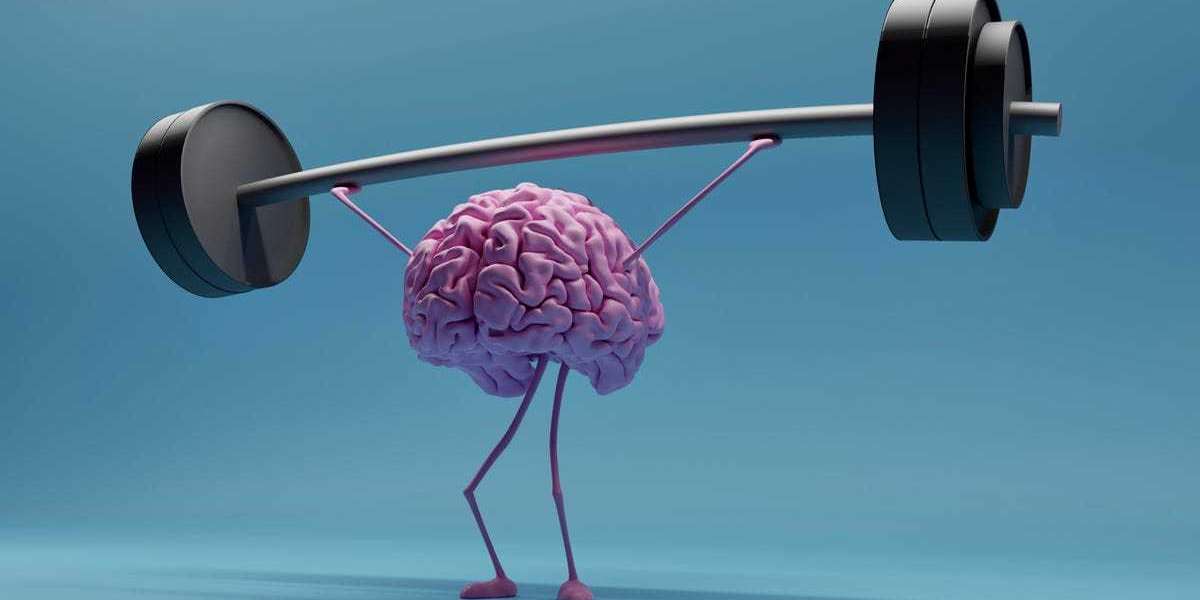Neurology is a branch of medicine that focuses on the study of the nervous system, which includes the brain, spinal cord, and peripheral nerves. The brain is the most complex organ in the human body, and its proper function is essential for maintaining good health. Neurology and brain health are closely intertwined, and understanding the basics of neurology is crucial for promoting brain health.
The nervous system is responsible for controlling and coordinating all the body's functions. The brain is the control center of the nervous system, and it receives and interprets information from the senses, controls movement, and regulates vital functions such as breathing and heart rate. The spinal cord serves as a conduit for transmitting information between the brain and the rest of the body. The peripheral nerves connect the brain and spinal cord to the muscles, organs, and tissues throughout the body.
The brain is composed of billions of neurons, or nerve cells, and glial cells, which provide support and nourishment for the neurons. Neurons communicate with one another through electrical and chemical signals, forming complex networks that underlie all brain functions. Different areas of the brain are specialized for different functions, such as vision, hearing, movement, language, and emotion. However, these areas are not isolated, and they work together in a coordinated manner to produce our thoughts, feelings, and behaviors.
Brain health is essential for overall health and well-being. The brain is responsible for our cognitive abilities, emotional regulation, and physical coordination, among other functions. A healthy brain allows us to learn, work, socialize, and enjoy life to the fullest. On the other hand, a compromised brain can lead to cognitive impairment, mental disorders, and physical disability.
There are many ways to promote brain health. One of the most important is to adopt a healthy lifestyle. This includes regular exercise, a balanced diet, adequate sleep, and stress management. Exercise has been shown to promote the growth of new neurons and improve cognitive function. A diet rich in fruits, vegetables, whole grains, and lean protein can provide the nutrients that the brain needs to function optimally. Sleep is crucial for consolidating memories and restoring brain function, and chronic stress can have detrimental effects on the brain over time.
Another way to promote brain health is to engage in cognitive activities. These can include learning a new skill, solving puzzles, reading, or playing an instrument. These activities can stimulate the brain and promote the growth of new neural connections, which can improve cognitive function and prevent cognitive decline.
Regular medical check-ups and screenings are also important for maintaining brain health. Neurological disorders such as Alzheimer's disease, Parkinson's disease, multiple sclerosis, and epilepsy can have serious consequences for brain function, and early detection and treatment can make a significant difference in outcomes. Additionally, conditions such as high blood pressure, diabetes, and high cholesterol can increase the risk of neurological disorders, and managing these conditions is essential for maintaining brain health.
In conclusion, neurology and brain health are essential for overall health and well-being. The brain is the most complex organ in the human body, and its proper function is critical for maintaining cognitive, emotional, and physical abilities. By adopting a healthy lifestyle, engaging in cognitive activities, and seeking regular medical care, we can promote brain health and prevent neurological disorders.






